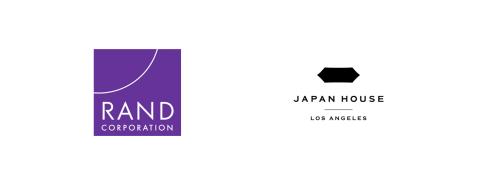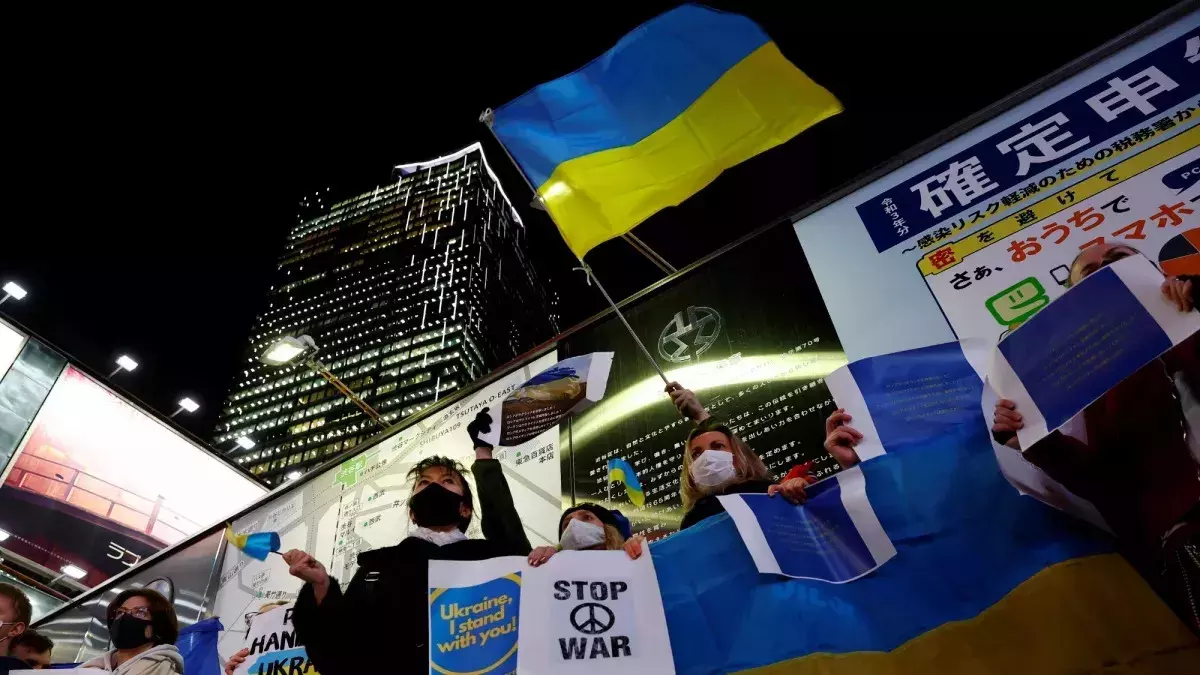
- Date
09.15.2022 (Thu.)
- Time
7:00 AM - 9:30 AM (PDT)
- Location
Online
- Fee
Free
The threats to the peace and stability of the global order have been growing in recent years. The Russia – Ukraine war and the unstable situation in the Taiwan Strait embroiling the United States and its allies in a two-front struggle to protect and preserve the liberal international order. How do American and Japanese experts view the connection between the war in Ukraine and a possible war over Taiwan and what should be done? Scholars and policymakers in the U.S. and Japan have been engaged in debates over how best to respond to these critical developments to ensure continued peace and stability. This conference will explore the perspectives of U.S. and Japanese specialists and contribute to public understanding of the key issues confronting Washington and Tokyo.
This year, RAND and JAPAN HOUSE Los Angeles will host the "The U.S.-Japan Alliance Conference Series" consisting of two webinars. On September 15, 2022, RAND and JAPAN HOUSE Los Angeles will host a seminar on The Impact of the War in Ukraine on the Indo-Pacific Region. Admiral Harry Harris, U.S. Navy (Ret), 24th Commander of the U.S. Pacific Command (now called U.S. Indo-Pacific Command) and former U.S. Ambassador to the Republic of Korea will offer a set of keynote remarks on why Russia’s war matters for the Indo-Pacific region. The second seminar will be held on October 10, 2022, focusing on The View of the Taiwan Strait from the U.S.-Japan Alliance. Mr. Matthew Pottinger, former United States Deputy National Security Advisor and Asia Director of the National Security Council will offer a set of keynote remarks focusing on the Taiwan Strait issue.
Speakers
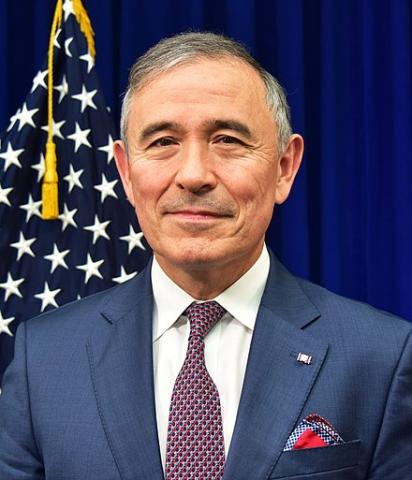
Keynote
Why Russia’s War Matters to the Indo-Pacific
The Hon. Harry B. Harris, Jr.
Admiral, U. S. Navy (Ret); 24th Commander of the U.S. Pacific Command (today called United States Indo-Pacific Command) from 2015 to 2018; United States Ambassador to the Republic of Korea from 2018 to 2021
As the highest-ranking Asian American in the history of the U.S. Navy, Ambassador Harry B. Harris Jr. oversaw all military operations for more than half of the world’s geography as Commander, U.S. Pacific Command (USPACOM). Widely regarded for his leadership, Amb. Harris was selected to serve by two presidential administrations – first to lead in one of the military’s most challenging roles at a critical time when the U.S. confronted the rise of new world powers and nuclear threats, and later as U.S. Ambassador to the Republic of Korea.
With close to a half century in public service commanding highly complex, high-stakes organizations and advancing international relations, Amb. Harris offers a rare perspective on leadership, geopolitical affairs, and current events in a way that only an American diplomat and former military officer can. Sharing his experiences breaking barriers as the only American of Japanese descent to serve as a geographic combatant commander and the first to hold the rank of admiral, he also addresses societal dynamics, the role they play in achievement, and the positive impact diversity has on team culture and overall growth. Exclusively represented by Leading Authorities speakers bureau, Amb. Harris is a truly captivating speaker who uses personal and real-life examples to deliver key messages on the multi-faceted issues both organizations and the world face today.
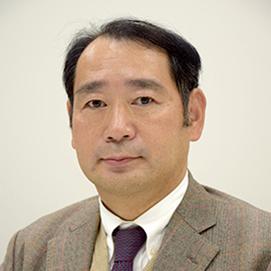
Presenter
The Russia-Ukraine Crisis and the Indo-Pacific: A Perspective from Japan
Taisuke Abiru
Senior Research Fellow, Sasakawa Peace Foundation
Taisuke Abiru earned his M.A. at the Moscow State Institute of International Relations. He joined SPF after his work at the Moscow office of the Japan Bank for International Cooperation and the Tokyo Foundation. His recent publications include “Russia-China relations entering into a new stage" (in Japanese) (Monthly Journal Voice Feb. 2020), “Putin’s Greater Eurasia Strategy – Prospects for the changing world order from Eurasian perspective" (in Japanese) (Monthly Journal Voice June 2019) and “Japan and the Development of Russian Far East” (Valdai Papers No.106, Sept. 2019).
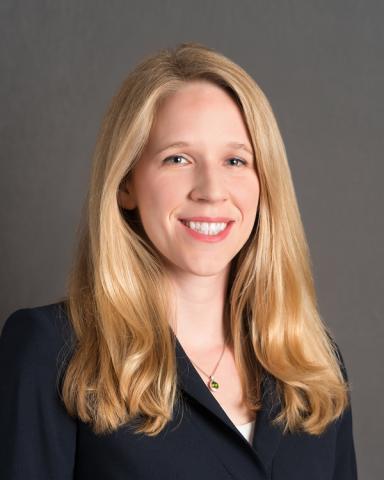
Presenter
The Russia-Ukraine Crisis and the Indo-Pacific: A Perspective from the United States
Dara Massicot
Senior Policy Researcher, The RAND Corporation
Before joining RAND, Dara Massicot served as a senior analyst for Russian military capabilities at the Department of Defense. Her work at RAND focuses on defense and security issues in Russia and Eurasia. She specializes in Russian military strategy, combat operations, and escalation dynamics. Her long-term interests include force posture, force planning, and grand strategy.
Massicot received her M.A. in national security and strategic studies from the U.S. Naval War College's College of Naval Command and Staff in Newport, Rhode Island.
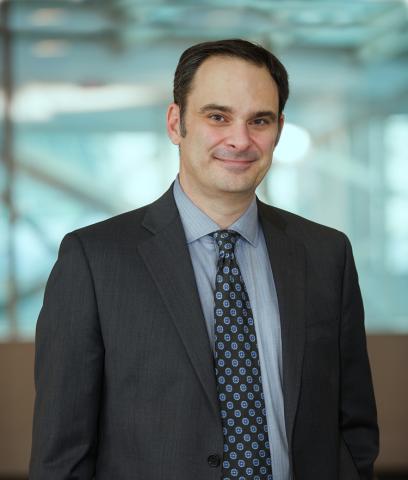
Presenter
The Russia-Ukraine Crisis and the International Order
Dr. Michael Mazarr
Senior Political Scientist, The RAND Corporation
Michael J. Mazarr previously worked at the U.S. National War College, where he was professor and associate dean of academics; as president of the Henry L. Stimson Center; senior fellow at the Center for Strategic and International Studies; senior defense aide on Capitol Hill; and as a special assistant to the Chairman of the Joint Chiefs of Staff. His primary interests are U.S. defense policy and force structure, disinformation and information manipulation, East Asian security, nuclear weapons and deterrence, and judgment and decisionmaking under uncertainty. Mazarr holds a Ph.D. in public policy from the University of Maryland.

Moderator
Dr. Jeffrey W. Hornung
Senior Political Scientist, The RAND Corporation
Jeffrey Hornung specializes in Japanese security and foreign policies, East Asian security issues, and U.S. foreign and defense policies in the Indo-Pacific region, including its alliances.
Prior to joining RAND in April 2017, Hornung was the fellow for the Security and Foreign Affairs Program at Sasakawa USA from 2015 until 2017. From 2010 until 2015, Hornung worked as an associate professor for the Daniel K. Inouye Asia-Pacific Center for Security Studies, a Department of Defense education facility in Honolulu, Hawaii.
Hornung has written extensively about Japanese security and foreign policy issues and broader Northeast Asia security issues for numerous media, policy, and academic outlets. This includes Washington Quarterly, Asian Survey, Foreign Policy, New York Times, Washington Post, War on the Rocks and many others, including the two major Japanese dailies Yomiuri Shimbun and Asahi Shimbun.
Hornung received his Ph.D. in political science from The George Washington University, where he wrote his thesis on Japanese decisionmaking to send the Self-Defense Forces to Iraq in the 1991 Gulf War and 2003 Iraq War. During 2005–2006, Hornung was also a visiting scholar at the University of Tokyo where he conducted his doctoral research as a Fulbright Fellow. He also holds an M.A. in international relations with a concentration in Japan Studies from the Johns Hopkins University School of Advanced International Studies (SAIS).
Presented by
